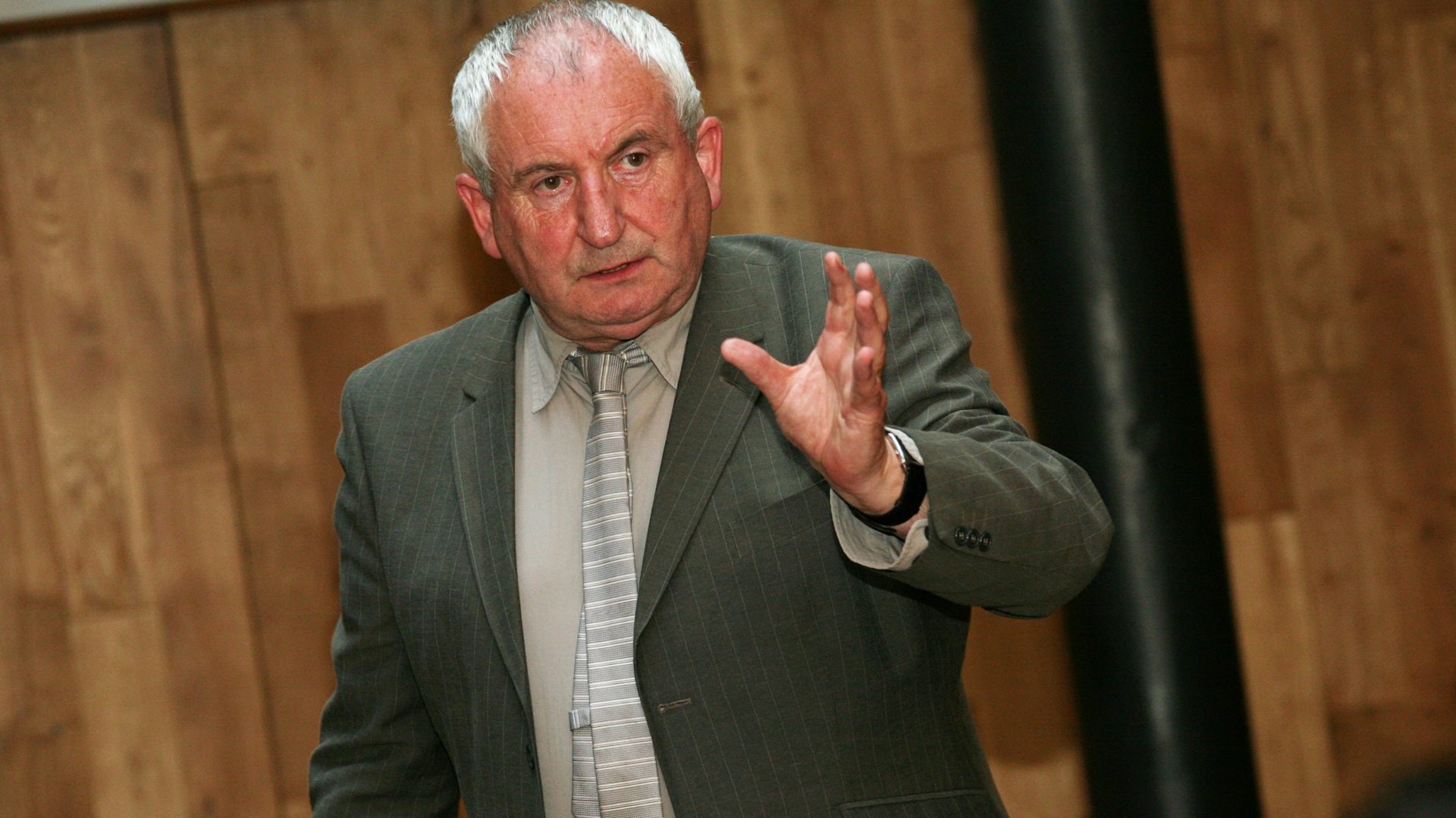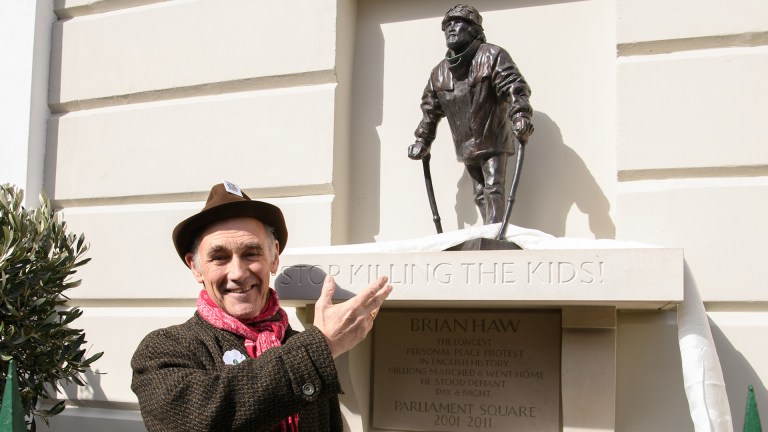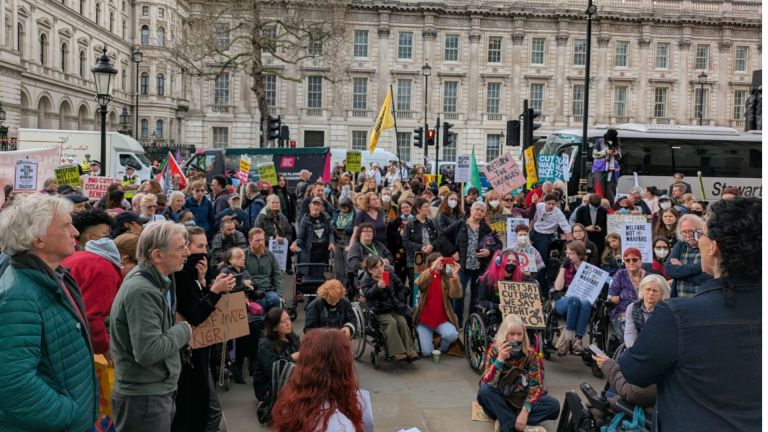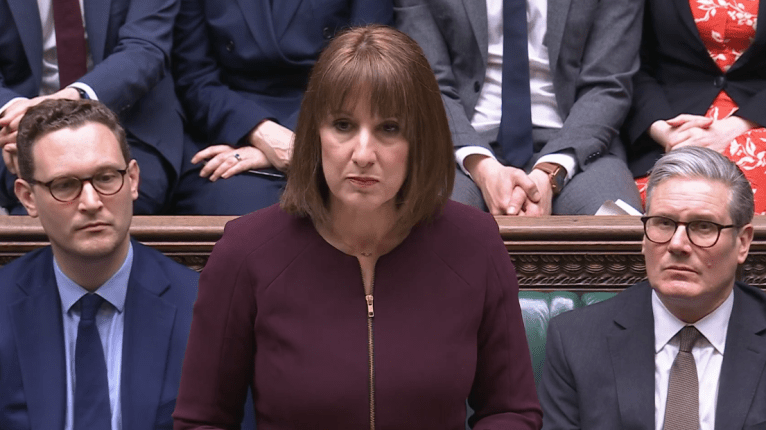The bill received the backing of peers from across the political spectrum.
Former Home Secretary David Blunkett was among the bill’s supporters, he told the chamber “avoiding the tragedy of mistakes of the past involves us examining what we’re doing in a mode of thought”. Labour peer Blunkett cited the end of Sure Start centres and the Education Maintenance Allowance – better known as EMA and paid to college age students to support their education – as two examples of how the bill could have stepped in.
At the other end of the political spectrum, Conservative counterpart Lord Michael Bates backed the bill after being inspired by young people of today.
Lord Bates said: “When tested during the pandemic their adherence to rules even though they have sacrificed and surrendered most has been inspirational and worthy of our admiration and thanks.
“It is worth us embarking on efforts to build back better for them.”
Lord Bates was not the only one to cite the UK government slogan. Non-affiliated peer Baroness Pola Uddin also said the bill would “integrate into the levelling up and building back better agenda”.
Advertising helps fund Big Issue’s mission to end poverty
However, Lord Nicholas True, the minister representing the Cabinet Office, said the UK government is “sceptical” that the mechanisms of the bill would boost wellbeing.
Lord True said: “We all have a common interest here. I don’t believe there is anybody coming into this house, the other place or the humblest parish council in the land who does not have the aspiration of doing their best for not only this generation but future generations as well.
“I, therefore, welcome very much the tone of the debate but I won’t be able, on behalf of the government, to support the mechanism.”
The Wellbeing of Future Generations Bill, as it is officially known, also aims to hold public bodies, including government bodies, to account on how they hit environmental, social, economic and cultural wellbeing goals.
The bodies will be required to carry out impact assessments and account for preventative spending to stop future generations being affected by decisions made today.
If the bill makes it into law unamended, a Future Generations Commission will be set up to assess progress as well as extending the duty of the Office of Budget Responsibility to consider wellbeing and the future generations principle in their work.
Advertising helps fund Big Issue’s mission to end poverty
The draft legislation is attempting to make it into law for a third time after the 2019 General Election and the pandemic ended its progress. Lord Bird introduced the bill to the Lords in the current parliamentary session on May 20.
This time the bill is being given priority status for the limited parliamentary time available to debate private members’ bills after Lord Bird was among the first to be drawn in the House of Lords bill ballot.
The Future Generations Bill was also introduced into the House of Commons on June 21 via a presentation bill from Barrow MP Simon Fell. Fell read out the title of the bill in the chamber to give the draft legislation its first reading before MPs get their first chance to debate the bill on September 10.










